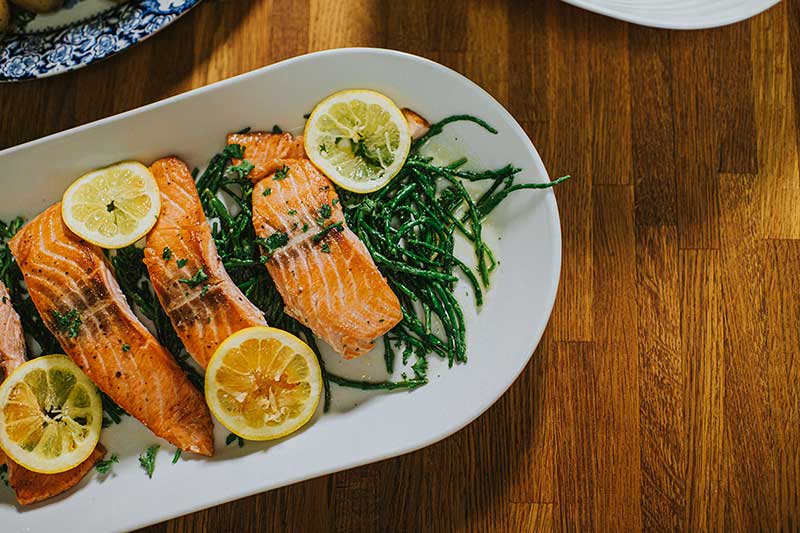
Fats
Protein is the main dietary focus after weight loss surgery.
Protein at every meal.
Eat your protein first.
Hit your daily protein goal.
In past blog posts, carbohydrates were explained as necessary in appropriate portions and choosing the ‘smart’ carbs packed with fiber and a variety of nutrients. But what about fat?
Like carbs, fat is sometimes viewed in a negative way. However, like carbs and protein, fat is necessary in the diet in order for the body to function properly.
- Fat provides protection to the organs & body
- Helps provide a longer lasting energy source
- Helps vitamins A, D, E & K be absorbed
- Supports cell growth & hormone production
- Keeps blood cholesterol & pressure under control
While fat is needed in the diet, it is the most concentrated nutrient. Fat provides 9 calories per gram while carbs and protein provide 4 calories per gram. In a weight loss surgery diet, the intake of fat should remain low, but not absent. This is why it is recommended to consume:
- Lean meats (poultry, beef, pork, sausage, fish and seafood)
- 1% or skim (low-fat or fat-free) milk
- Low-fat or fat-free yogurt (Greek is highest in protein), cheese & dairy products
- Low-fat or fat-free processed foods
These foods are recommended because they are low in saturated fats that can negatively affect blood cholesterol. Foods that contain monounsaturated and polyunsaturated fats can positively affect blood cholesterol and heart health. These are the fats the body needs to execute the functions listed above. Some examples include:
- Avocados
- Plant-based oils like olive oil, grape seed oil (excluding coconut & palm oil)
- Fatty fish, such as salmon, mackerel, herring, tune and trout
- Nuts and seeds, like almonds, cashews, peanuts and sesame seeds
Even though protein is the main focus after weight loss surgery, fat is still needed in the diet. There are many ways to incorporate a moderate amount of healthy fats in a restrictive diet!
Sample Diet
Breakfast: Avocado toast topped with an egg
Lunch: Grilled chicken salad with vegetables & olive oil dressing
Snack: Low-fat Greek yogurt with almonds
Dinner: Sesame salmon with brown rice & steamed broccoli
Alexis Zimmer, Dietetics Student
Boone Health Bariatrics